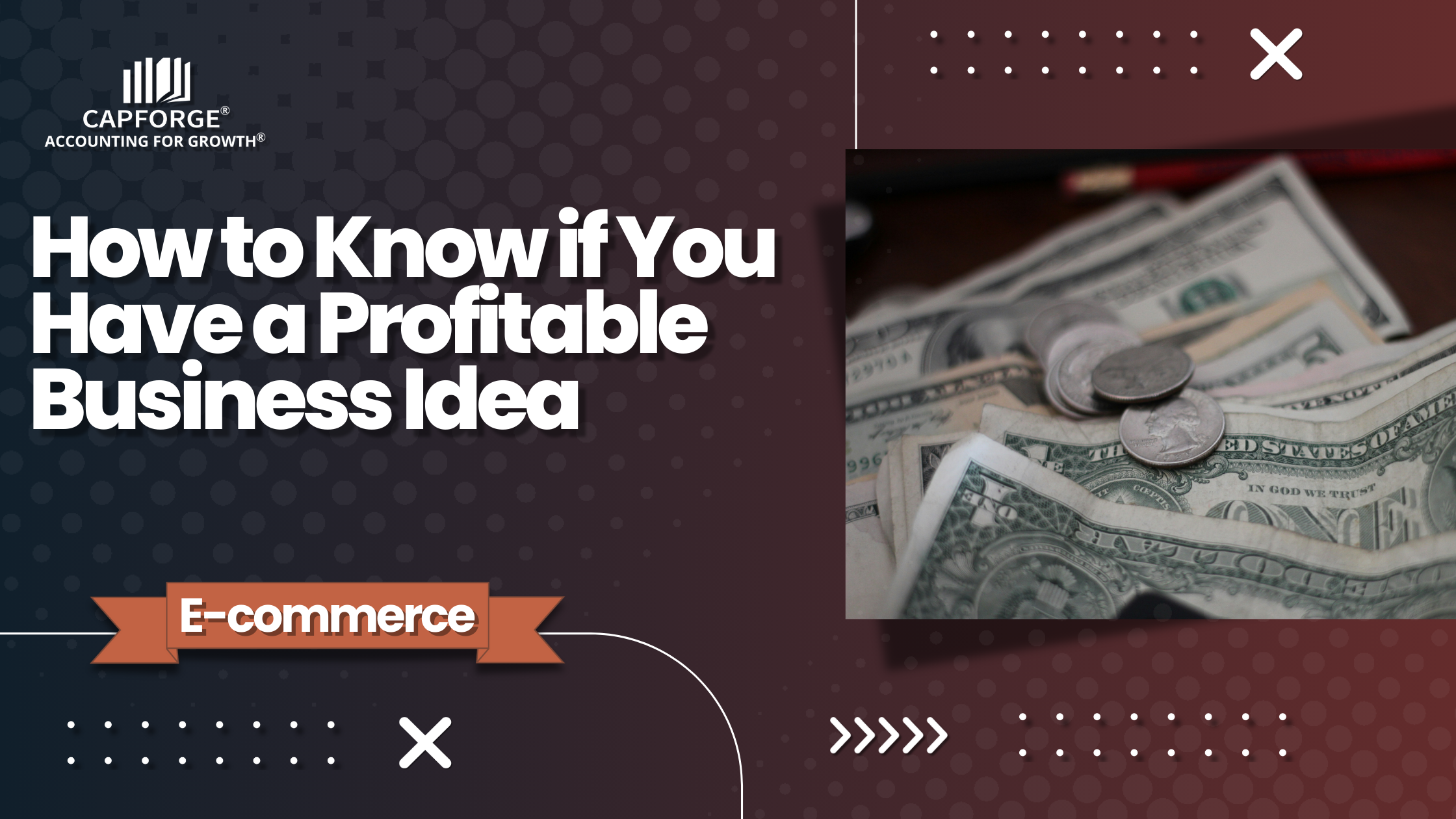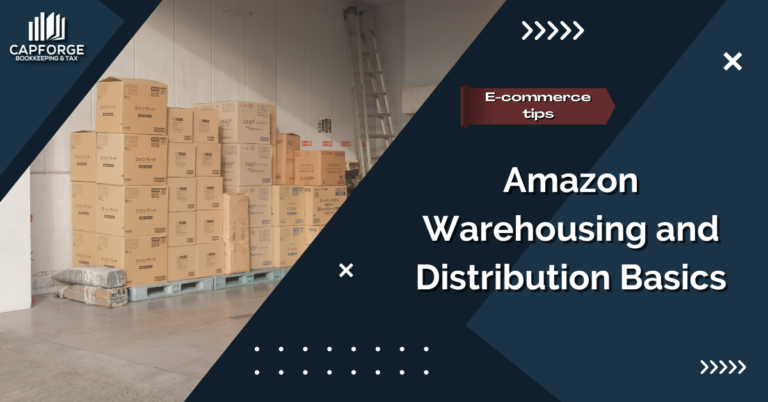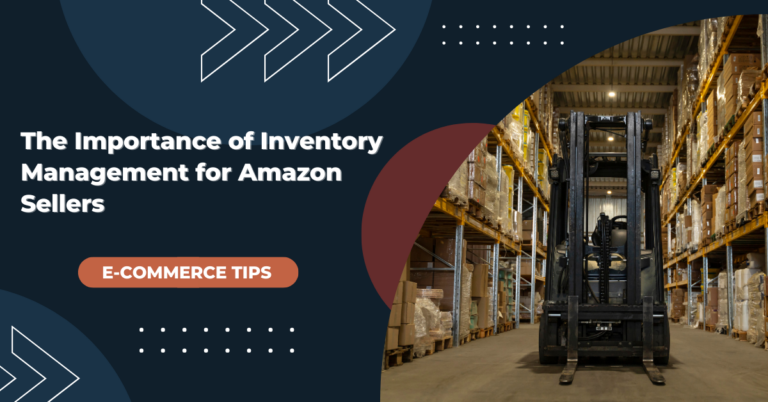How to Know if You Have a Profitable Business Idea
Starting a business is an exciting journey, but how can you tell if your idea will actually be profitable? Many aspiring entrepreneurs have a great concept but aren’t sure if it will generate income or sustain long-term growth.
Before diving in headfirst, it’s important to evaluate the viability of your business idea. In this article, we’ll discuss how to assess the potential profitability of your idea and what steps you can take to ensure you’re on the right path.
Understanding Profitability
At its core, a profitable business idea is one that generates more money than it costs to operate. However, profitability goes beyond just covering expenses. A truly profitable idea will create sustainable revenue streams, allow for reinvestment and growth, and offer value to customers.
Before evaluating your idea, it’s important to understand that profitability doesn’t always mean instant success. It often takes time to build momentum and reach the point of steady profits.
Assess Market Demand
One of the most critical factors in determining the potential profitability of a business idea is the demand for your product or service. If there’s no demand, there’s no market, and without a market, there’s no profit. Conducting market research is an essential step to ensure that your business idea addresses a real need.
Key Questions to Ask:
- Is there a large enough target audience for my product or service?
- What problems does my product solve, and how significant are these problems to my audience?
- How urgently do people need my product or service?
The best way to assess market demand is by doing competitor research and gathering customer feedback. Look at existing businesses that offer similar products or services. Are they successful? What are customers saying about them? Surveys, focus groups, and social media polls can help you gather direct insights.
Example:
If you’re considering a subscription service for eco-friendly cleaning supplies, check if other eco-conscious brands are thriving. Research customer reviews and social media buzz to gauge interest in sustainable cleaning products. If there’s clear demand but limited competition, you may have a profitable business idea on your hands.
Assess Profit Margins
Profit margin is a key indicator of how much money you can make after covering the costs of running your business. A profitable idea typically has a high profit margin, meaning the revenue you make from each sale will leave enough room to cover expenses and generate a surplus.
How to Calculate Profit Margin:
To calculate profit margin, subtract your total costs (including production, marketing, distribution, etc.) from your revenue, then divide by your revenue:Profit Margin=(Revenue−CostsRevenue)×100\text{Profit Margin} = \left( \frac{\text{Revenue} – \text{Costs}}{\text{Revenue}} \right) \times 100Profit Margin=(RevenueRevenue−Costs)×100
For example, if your business sells handmade candles for $20 each and the cost to produce each candle is $8, your profit margin would be:Profit Margin=(20−820)×100=60%\text{Profit Margin} = \left( \frac{20 – 8}{20} \right) \times 100 = 60\%Profit Margin=(2020−8)×100=60%
A higher profit margin means more money stays in your pocket, which is essential for long-term business success.
Analyze Your Target Market
Knowing your target market is crucial when evaluating the profitability of your business idea. A business that appeals to a large, diverse audience may have the potential to generate substantial profits. However, it’s often more effective to focus on a niche market where you can serve a specific group of people with tailored products or services.
Key Factors to Consider:
- Size of the market: Are there enough potential customers to sustain your business?
- Customer demographics: Who are your ideal customers? What is their age, income, location, and purchasing behavior?
- Market trends: What trends are emerging in your industry, and how can your business align with those trends?
In some cases, focusing on a smaller, niche market can lead to greater profitability. By catering to a specific audience, you can charge a premium for specialized products and reduce competition.
Example:
A business that offers eco-friendly pet products may cater to environmentally conscious pet owners who are willing to pay extra for sustainable alternatives. This niche market may have fewer customers than the broader pet supply market, but the demand for eco-friendly products can be a profitable segment.
Test Your Idea with a Minimum Viable Product (MVP)
Before fully committing to your business idea, consider testing it with a Minimum Viable Product (MVP). An MVP is a simplified version of your product that allows you to gauge customer interest without investing too much time or money.
How to Create an MVP:
- Identify the core features that will make your product valuable.
- Create a prototype or early version of the product that addresses the primary pain points.
- Offer the product to a small group of customers and gather feedback.
By testing your idea in real-world conditions, you can better understand its market fit and make necessary adjustments before scaling up.
Example:
If you’re creating a new app, you could develop a basic version with only the essential features and offer it to a small group of users. Based on their feedback, you can refine the app before launching a fully featured version.
Understand the Financials
Understanding the financial side of your business idea is essential to ensuring profitability. Make sure you can project your revenues, costs, and profits over time. Having a clear financial model helps you predict how long it will take for your business to become profitable and whether it’s worth the investment.
Key Financial Considerations:
- Startup costs: What will it cost to get your business off the ground? Include expenses like product development, marketing, legal fees, and initial inventory.
- Operational costs: What are the ongoing costs of running your business? Include rent, salaries, utilities, and other overhead costs.
- Revenue projections: How much revenue do you expect to generate each month? What is your sales forecast for the first year?
Creating a solid financial plan helps you see if your business idea is viable in the long run and whether you have the resources to make it happen.
Assess Your Competitive Advantage
If your business idea has strong competition, you need to find ways to stand out in the marketplace. A profitable business typically offers something unique that competitors don’t. This can be a distinctive product feature, a unique selling proposition (USP), or an innovative business model.
Questions to Ask:
- What makes my product or service different from what’s already available?
- Can I offer a better customer experience than my competitors?
- Is there a gap in the market that my product fills?
If you can clearly define your competitive advantage and prove that it resonates with customers, your business idea has a higher chance of profitability.
Example:
Let’s say you’re launching a new online clothing store. Instead of competing with huge e-commerce giants like Amazon, you could focus on offering exclusive designs from local artists or sustainable fabrics. This unique approach will appeal to customers who value individuality and eco-friendliness, helping your business stand out.
Think Long-Term
A profitable business idea isn’t just about quick returns. It’s about sustainability and growth over time. Consider the scalability of your idea. Can it grow as demand increases? Will your systems and processes be able to handle the increased workload?
Key Questions for Long-Term Viability:
- Does my business model allow for growth?
- Are there additional revenue streams I can tap into?
- Can my operations handle scaling up?
Businesses that scale well often have repeat customers, diversified revenue streams, and systems in place to manage growth efficiently. If your business has the potential to grow steadily over time, it’s more likely to be profitable.
Get Started Today With CapForge’s Bookkeeping & Tax Services
Take control of your business finances with CapForge. Our expert team makes managing your payroll simple so you can focus on what really matters—growing your business.
Partner with us today and discover the peace of mind that comes from knowing your financials are in good hands.
Send an email to info@capforge.com or contact us at 1-858-633-3573 to get started. Additionally, you can fill out the form below and we’ll be happy to attend to your needs!








